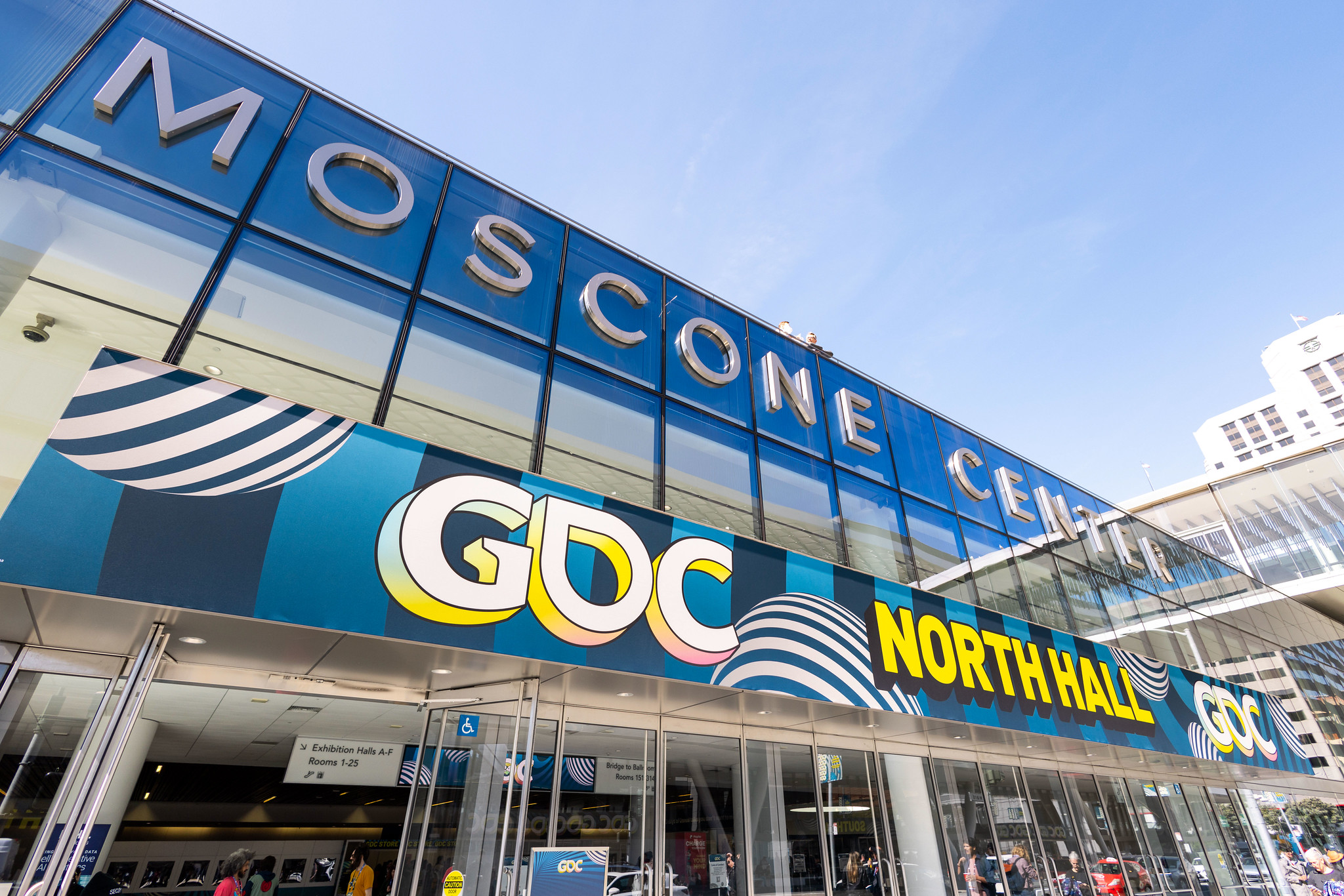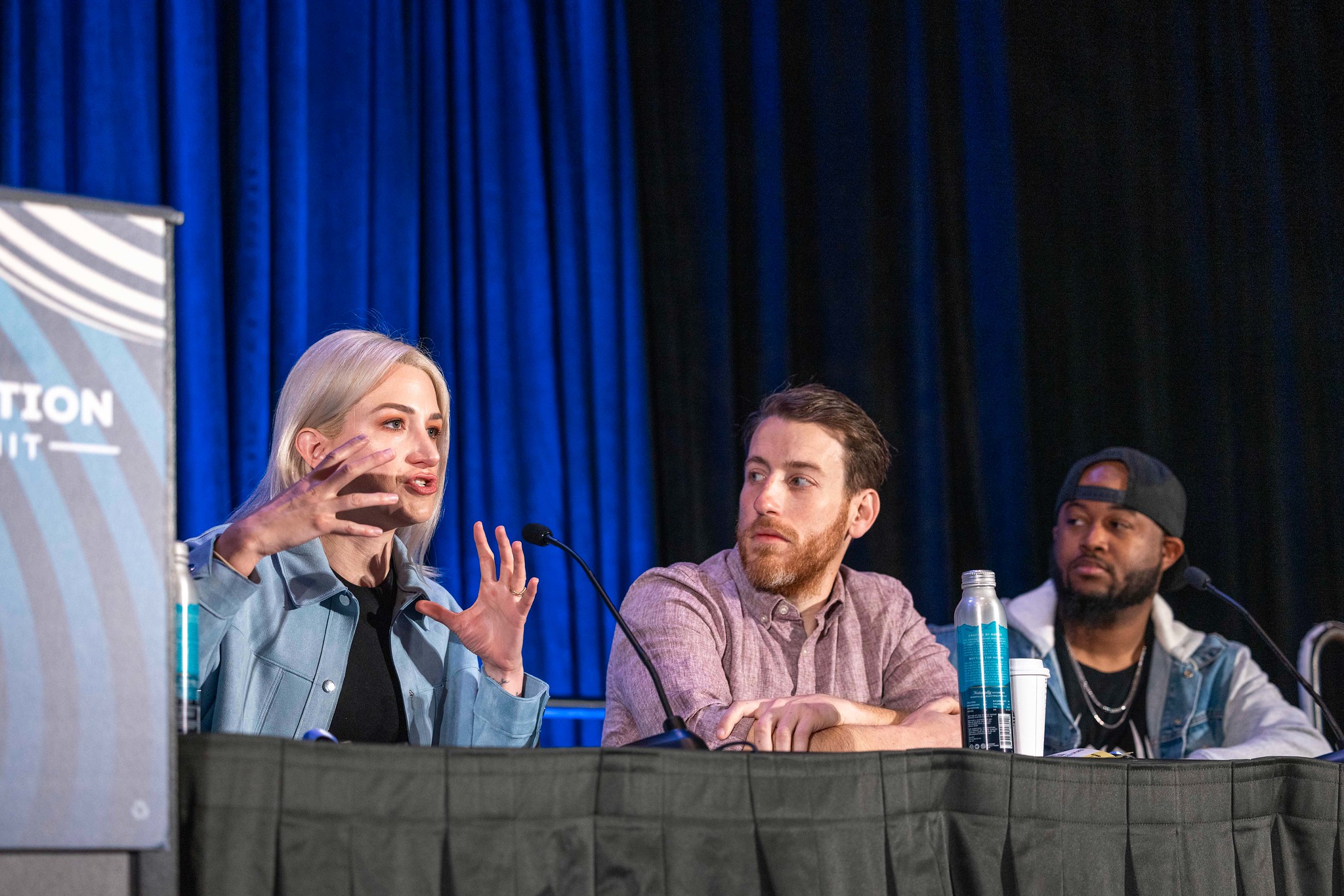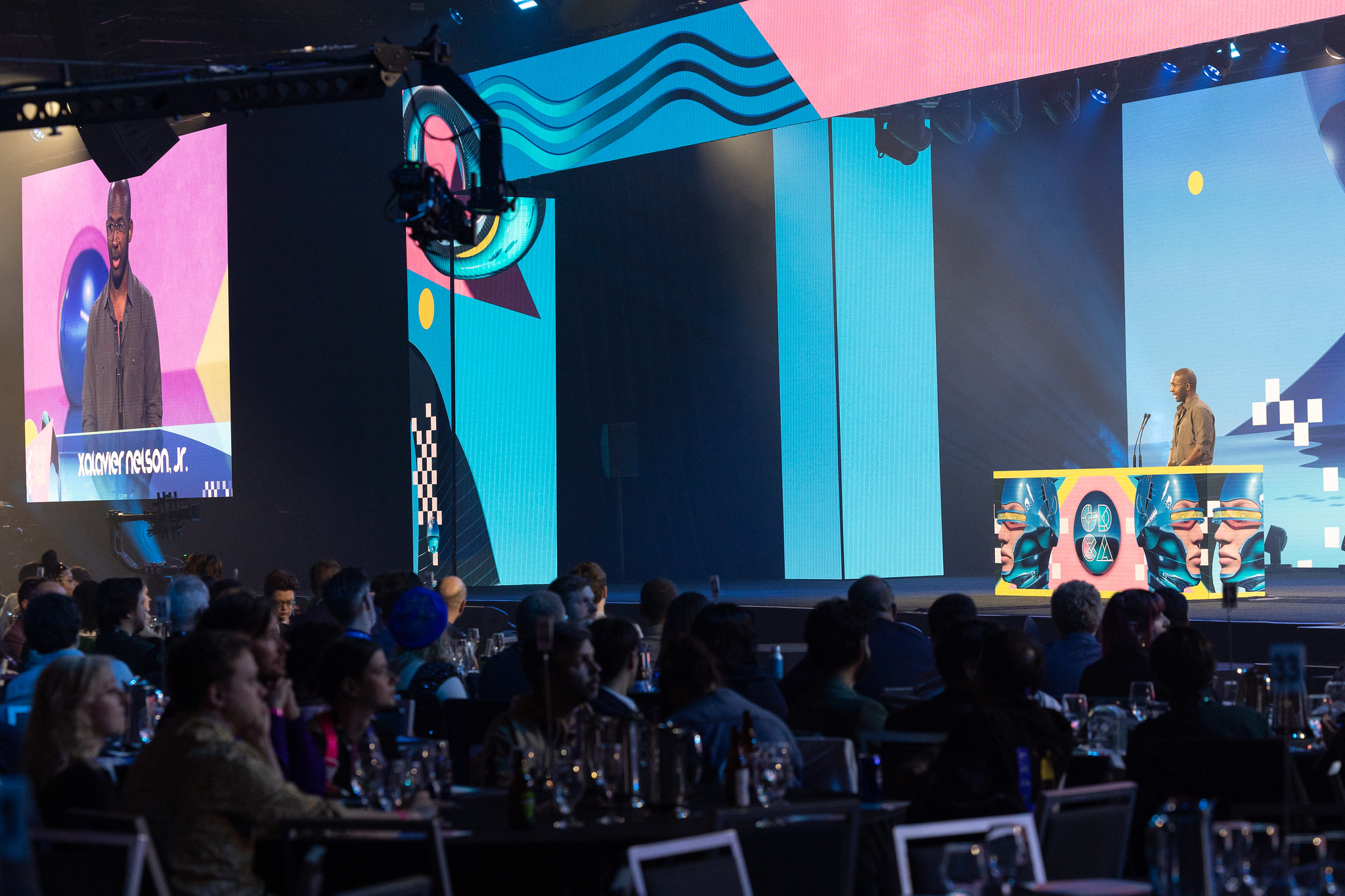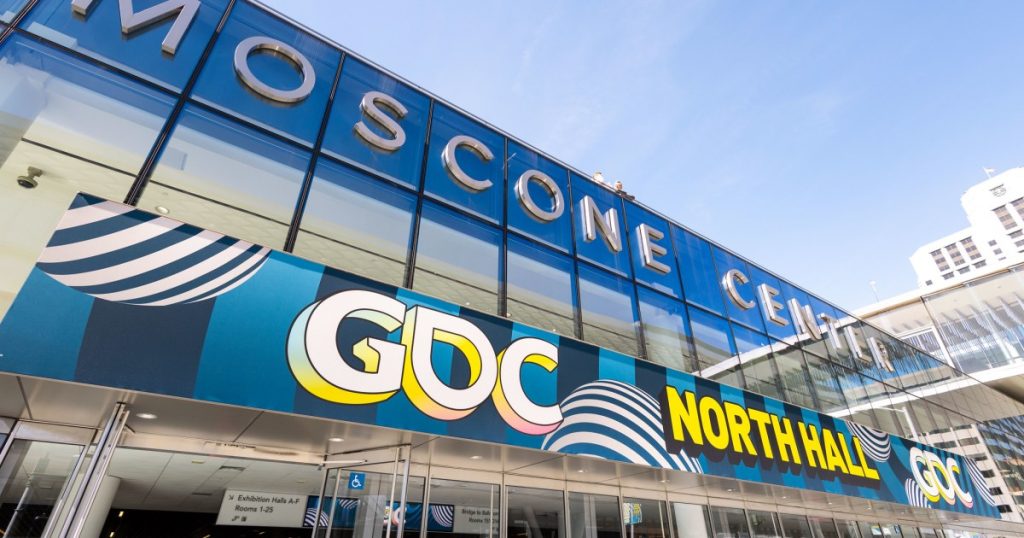A Moment of Catharsis at GDC 2024
As the video game industry grapples with a wave of layoffs and instability, developers gathered at the annual Game Developers Conference (GDC) in San Francisco to vent their frustrations and unite in the face of adversity. The conference served as a crucial forum for game makers seeking to achieve real change amid a dark moment for the industry.

The GDScream: A Collective Release
The conference kicked off with the “GDScream,” an event held in Yerba Buena Gardens, just outside the Moscone Center’s North Hall. Developers gathered to let out a collective scream, expressing their frustrations with the current state of the industry. The past three months have been particularly challenging, with major companies like Riot Games, Microsoft, PlayStation, and EA slashing hundreds of jobs each.
Most cathartic at #gdc GDScream screaming at the state of the game industry. #unionize pic.twitter.com/XLqg1xZX8a
Independent Games Festival Awards: A Platform for Change
The Independent Games Festival Awards, held on March 21, became a platform for developers to address issues ranging from layoffs to the conflict in Gaza. Shawn Pierre’s State of the Industry address summed up the frustrations, receiving waves of applause from the audience:
We’ve already seen thousands of people losing work this year because they’re not being valued the way they should be. People are working overtime and on weekends only to be left behind after a game is completed. It’s unhealthy, it’s certainly not sustainable, and the end result of this is a weaker games industry for all of us.
Independent Games Festival Awards and Game Developers Choice Awards Livestream | GDC 2024
The Sustainability Crisis and the Need for Change
Dr. Jakin Vela from the International Game Developers Association highlighted the industry’s sustainability crisis and its impact on developers:
If we have people who are concerned about losing their jobs today, tomorrow, or have already lost their jobs, how are we keeping people in this industry to sustain its growth? People are legitimizing the profession across nations, our governments are funding games, yet how are we going to keep developers if the industry is making them disposable?
While the challenges faced by the industry are not new, as noted by Jordan Mechner, creator of Prince of Persia, the current moment feels particularly dire. The industry’s cyclical nature can be seen as either comforting or disheartening, depending on one’s perspective.
In some ways, it’s always the best of times and the worst of times. The industry is so big now; it’s not just one thing … There are wonderful games being made with all of the challenges, and I think that’s always been the case, but every new twist in the industry brings its own opportunities and challenges.
Looking Forward: Finding Solutions and Hope
As the video game industry navigates through this challenging period, developers at GDC 2024 united to find solutions and hope for the future. The conference served as a reminder of the resilience and passion that drives the gaming community, even in the face of adversity.
Developers Seek Systematic Change in the Gaming Industry
At the Game Developers Conference (GDC), game makers gathered to discuss the challenges they face and brainstorm solutions. The issues are multifaceted, requiring a comprehensive approach to create lasting change in the industry.
The Cycle of Contraction and Expansion
The gaming industry experiences cycles of growth and decline, but systematic changes are needed for sustainable progress. As game developer Vela points out, “One person isn’t going to be able to do that. It’s societal structures of change that are required to be sustainable.”

Addressing Platform Challenges and Diversity
Developers expressed a desire for meaningful competition to Steam, citing high fees and inadequate protection from review bombing. They also emphasized the importance of hiring and retaining diverse talent, recognizing that greater diversity of thought leads to better games.
We talk a lot about diversity, equity, and inclusion. We’ve been on that journey for quite a while, but it’s still a journey. It’s still not there. For example, in my area of data science, it’s still not as diverse as I would like it to be. I think that goes for all the parts of companies overall. We still can do better.
GDC featured numerous panels on inclusivity, but online detractors misinterpreted this emphasis as “forced diversity.” Developers called on platform holders and studios to take strong stances against online harassment and protect workers.
There’s no place for harassment in this industry. We just need to squash it like a bug.
Supporting Indie Developers and Creative Work
Independent developers face challenges in securing funding, which threatens the existence of the video game industry at all levels. Caelan Pollock, Creative Director of Another Crab’s Treasure, explains that indie games are an essential part of the gaming ecosystem, as they often produce interesting and creative work not seen in AAA titles.
The Call for People-First Studios and Accountability
Developers emphasized the need for more help and accountability from executives at the top of the industry. They advocated for people-first studios that actively listen to and support their employees.
Systematically, I would change the way businesses go about supporting their employees. I would love to see people-first studios always. And I know there’s going to be arguments for the bottom line and ‘you can’t have a business if you don’t have money!’ I get that, it’s the system we live in. But what if we had people-first studios? What if we listened actively and empathetically to our employees and made changes based on the feedback that we got? That would be great!

Abubakar Salim, Creative Director of Tales of Kenzera: Zau, called for industry leaders to foster a more creative vision that isn’t solely focused on profit. He highlighted the importance of programs like EA Originals, which give opportunities to developers to create inspiring and impactful games.
[I want] more of these companies in these big roles that have the power to change a lot to make the leap and change! You look at something like the EA Original program; they gave me a shot to make this, which is already touching many lives and inspiring people to make games. We need more of that, and we need more people in these positions of power to make those kinds of daring choices that feel risky but, at the same time, champion art. The more we lean into that, and the more we get away from commerciality, the better content we’ll receive and the much nicer people will be.
In conclusion, developers at GDC came with a clear message: change is necessary for the gaming industry to thrive. By addressing systematic issues, fostering diversity, supporting indie developers, and prioritizing people over profits, the industry can create a more sustainable and inclusive future for all.
The Pursuit of Sustainability in the Gaming Industry
At the Game Developers Conference (GDC) 2024, a common theme emerged among the attendees: the desire for a more sustainable future in the gaming industry. Despite the diverse range of responses to the question of what one change they wanted to see, everyone seemed to be striving for the same goal.
Sarah Elmaleh, voice actress and chair of the SAG-AFTRA Interactive Negotiating Committee, encapsulated this sentiment in a single word: “Sustainability.” Her immediate response highlighted the pressing need for the industry to adopt more sustainable practices and create a healthier work environment for all involved.
A Unified Vision for the Future
The gaming industry has experienced tremendous growth in recent years, but with that growth comes the responsibility to ensure that the industry remains viable and healthy for years to come. The call for sustainability at GDC 2024 reflects a growing awareness of the challenges facing the industry, from the well-being of developers to the environmental impact of gaming hardware and software production.
“Sustainability,” Elmaleh said without so much as a second of hesitation.
Elmaleh’s concise answer speaks volumes about the urgency of the issue and the need for action. As the industry continues to evolve and expand, it is crucial that sustainability remains at the forefront of the conversation, guiding decisions and shaping the future of gaming.

3 Comments
At GDC, the air’s thick with game devs’ frustration; a testament to the power of internet outrage, but will it be the catalyst for actual change
Game developers at GDC are fed up and they’re not going to take it anymore; wonder if their outcry will shift the industry or just fade into the background noise.
Clearly, the game devs’ fuse has been lit by online backlash, but will their demands spark real reform, or just more memes